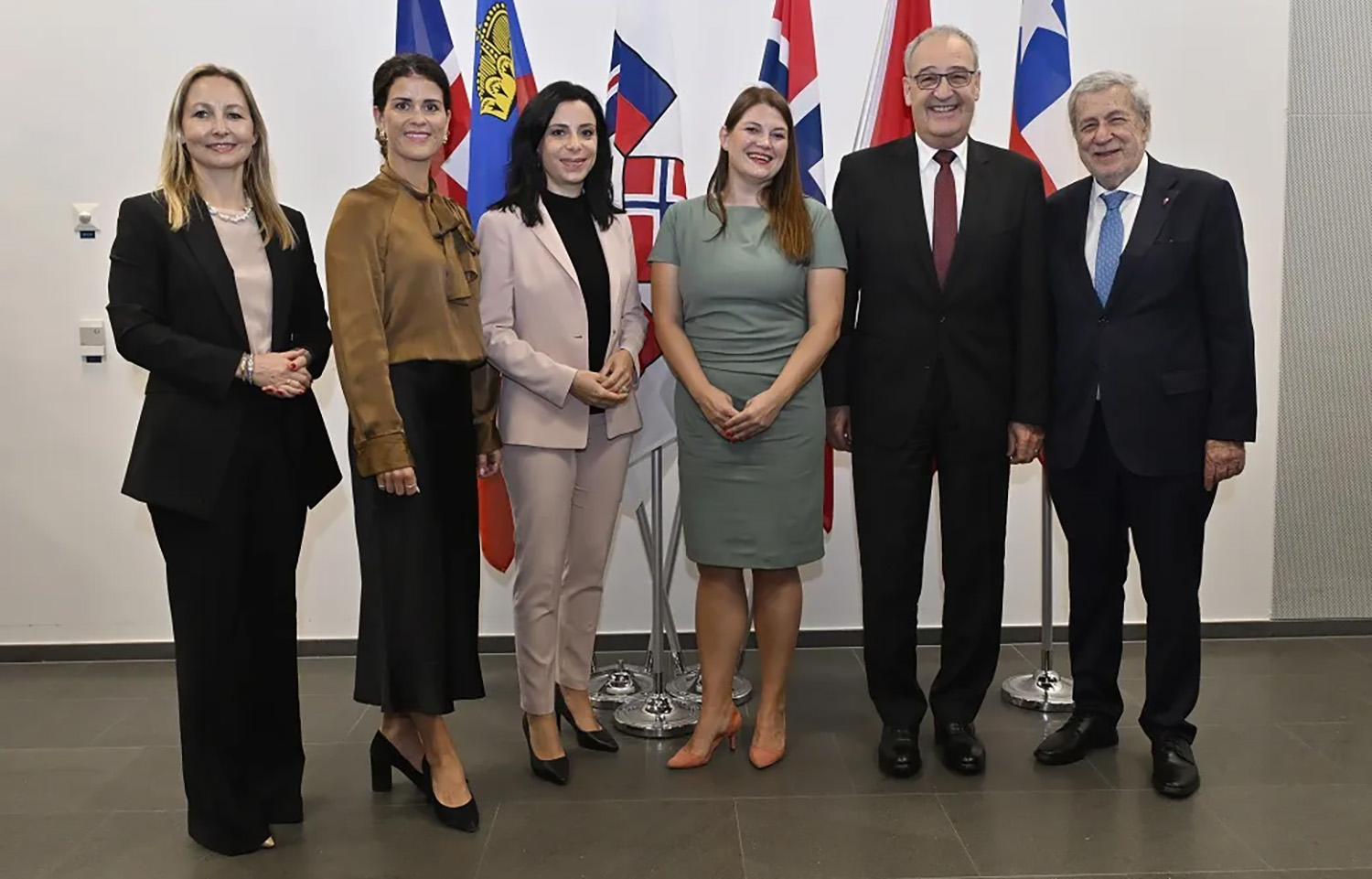Chile recently signed an updated free trade agreement (FTA) with the European Free Trade Association (EFTA) – a regional trade organization and free trade area comprising the European nations of Iceland, Liechtenstein, Norway, and Switzerland – in an attempt to modernize the deal, which was originally signed in 2003.
The agreement will completely eliminate customs duties on industrial goods, including machines, precision instruments, chemicals, and vaccines for veterinary use, currently imported to Chile by EFTA-based companies. The modernized agreement will also eliminate customs duties on 99 percent of agricultural imports from EFTA member nations to Chile and 95 percent of customs duties on Chilean exports to the EFTA bloc.
"With the entry into force of the modernised agreement, the EFTA states will continue to eliminate all customs duties on imports of industrial products, including fish and other marine products, originating in Chile as per the existing FTA," according to an EFTA statement.
Updated through an amendment protocol, the new deal has made changes to the original deal’s chapters on trade in goods and services, includes a new section dedicated to financial services, and strengthens and improves provisions on intellectual property rights and public procurement. Additionally, it incorporates new chapters on sustainable trade development and e-commerce and, for the first time, includes a chapter on small- and medium-sized businesses.
“Chile is a large and growing market and an important trading partner for Norway, especially in sectors such as fisheries, aquaculture, maritime transport, and renewable energy,” said Norway Trade and Industry Minister Cecilie Myrseth, who signed the deal along with Iceland Foreign Affairs Minister Thórdís Kolbrún Reykfjörd Gylfadóttir; Liechtenstein Foreign Affairs, Education, and Sports Minister Dominique Hasler; Switzerland Federal Councilor Guy Parmelin; and Chile Foreign Affairs Minister Alberto van Klaveren on 24 June.
Regarding the deal’s implications on aquaculture and fisheries trade, Chile will receive tariff-free access to Norwegian fish vaccines, likely benefiting a number of pharmaceutical and aquaculture companies.
“This update offers Chile expanded access to the EFTA market in goods, services, and public purchases. We especially value the incorporation of new subjects, such as commerce and sustainable development, e-commerce, small and medium enterprises, and gender. These additions will help us adapt to global economic realities and cooperate for more inclusive trade,” van Klaveren said. “This modernized FTA aligns perfectly with the political values and principles we share with EFTA member states.”
Trade between the EFTA and Chile has grown steadily over the last 20 years. In 2023, total trade between the two parties reached EUR 970 million (USD 1.04 billion). The main exports to the EFTA were inorganic chemicals, valued at EUR 217 million (USD 232 million), while imports to Chile were mainly made up of pharmaceutical products, totaling EUR 231 million (USD 247 million).
The recently completed FTA modernization process began in 2019 and ended in January 2024, following seven rounds of negotiations to expand market access for goods and services.
As part of its foreign trade policy, Chile promotes free trade and boasts the largest network of FTAs in the world – 30 treaties with 65 economies.
According to data from Chile’s Undersecretary of International Economic Relations (Subrei) and the country’s Central Bank, foreign trade reached USD 201 billion (EUR 188 billion) in 2022 – up 8 percent on 2021.








